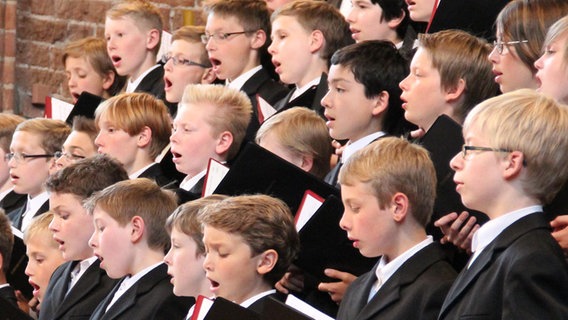
Manuel interviews his Great-Grandmother
How old were you when the War started?
That was 1939, so 10 years old? Yes, that’s when it started. It was a Sunday when the first bombers came from the UK, but we didn’t know. There were no air raid sirens back then. We were all standing outside watching. They shot flak at them, and the next day it said in the paper that we were to stay indoors because it was too dangerous because of the splinters. So that was the beginning. And that’s how it went on. We were quite lucky. Near the coast it was relatively quiet. It all came later.
But the boys and the men were all drafted. Regardless of whether they had family or not. A lot of them did not return. They were all killed in the War. Shot, you could probably say, right? And they had wives and children. So they usually lived with their parents. Where were they supposed to go? There was nothing happening. Nothing happening at all. So we had to get through those times somehow.
Did you experience hunger?
Not really, no. We were not hungry, but then we had a lot of food in the garden, and then we had food stamps. And we had a pig we could slaughter. So we always had enough to eat. We did not go hungry, no. But obviously we had to do everything in the garden ourselves. We did a lot of canning. In jars. We canned beans and all sorts of things we grew, so we had something to eat in the winter. Because you couldn’t buy a whole lot. Yes.
Do you remember the end of the War?
I remember being out on our bicycles. We had to build ditches by the side of the road for protection. Dig them. Then we would jump in there when the low-flying bombers came. And they killed two girls from Suurhusen. I know them well, the two girls. So that kind of thing was bad. And it went on that way till the War ended.
And things did not get much better after that. There was nothing. There was nothing to buy, there was nothing. The shops were empty. So, somehow we got through it. I don’t really remember how we did it. But I was in agriculture working for a farmer. So I was well taken care of, and whatever I couldn’t eat or didn’t want to eat myself, I would take home, so they had something too. Yes, and then there was more suffering, and basically that was the War. That was it in our village. In the big cities, it was much worse. We did not really feel that.
So we were standing in our corridor when the bombers came, and they hit our neighbours’ house by the water, so everything went flying through the air, the kettle flew off the stove, we had smoke catchers that fell from the ceiling, it was crazy. Basically we were always living in fear. It was really bad. The same thing at night. But it was so – everything was ready. Our bags were packed. Everything we would take with us, so when we heard the air raid sirens, we went to the shelter. Maybe, being children, we would sleep, I don’t really remember.
And then… Our grandparents, my grandma on my father’s side was so old she couldn’t walk, so she had a wheelchair with giant wheels - it was a murder weapon, and they would haul her into the cellar with it. It was crazy.
But in our village - we were hit by one incendiary bomb once, but in the city, in Emden, Gauke Harms, my cousin from Alsum went for a holiday once, and his sister and I took him to Emden by train. So he got on one train, we got on a different one, he had to go to Leer, and we had to go back to Loppersum, and then they left Emden, and on their way, there was an air raid, and they were shot at, and they totally bombed Emden.
We were at the air raid shelter downstairs, at the village they would just protect us against splinters, and when we got out, the air was all black. Emden was in flames. It was so bad. But they were protected by the large shelters built in the War. They saved lots of people’s lives. They were well protected through them.
Yes. And that’s how it went on. We were already used to it. And at school, there was only one teacher who had to teach all classes. We would have school in the afternoon, so he could teach all of us. Yes. What else?
